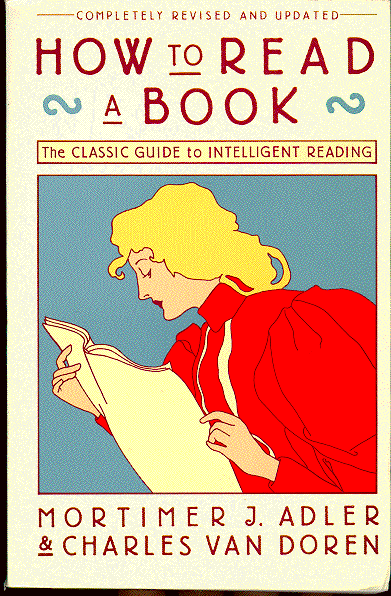2010 (2009 too, I think) - Discipleship Journal Bible Reading Plan (pdf). This plan has selections from four different parts of the Bible each day and takes you through the whole Bible in a year. It gives you a few catch-up days each month. It's biggest pro could also be a con. Reading from four different places each day keeps things varied and allows for interesting serendipities. On the other hand, the reading can seem fragmented and it takes a while to get through the long books.
2011 - The Book-at-a-Time Bible Reading Plan (pdf). This one is also from Discipleship Journal. It allows a few catch-up days each month, but provides:
two readings for each day. The first reading alternates between Old and New Testament books, giving you three or four chapters a day. The Gospels are spread throughout the year. The second reading takes you through a chapter or so of the wisdom literature and Isaiah. Combined,these readings will take you through the entire Bible in one year.2012 - The Daily Bible Meditation Guide (pdf). This provides much shorter selections, curated by Doug Wolter at life2getherblog.com. The selections are short, but the idea is "not to read less, but to meditate more." 2012 was the year in recent times (after having children) that I meditated most and journaled most. The short, well-selected readings were helpful for that.
2013 - My plan is to read the New Testament four times (once every three months) in four different translations.
I'm starting with The Message, and will probably read the ESV, Phillips, and the NASB or NRSV. I have all of these translations in paper, and these and many more are available for free on biblegateway.com and youversion.com. Both of these sites have free audio Bibles if that is what you're into. Various smartphone and tablet apps are also available. Many people like the youversion Bible reading app.
Here are some recent blog posts about Bible reading that I've found helpful.
- Justin Taylor's Reading the Bible in 2013
- Trent Hunter's The Bible Eater: A Plan for Feasting on Christ in 2013 (This one looks good. I'll probably use it next year.)
- Trent Hunter also recommends books as Help for Understanding the Bible in 2013. To this list I would add Henrietta Mears's What the Bible is All About. It's a good book-by-book overview. Recently Eugene Peterson's Eat This Book was recommended to me. I haven't read it yet, but it's on my wish list.
- Good words from




 Top 10 Most Read Books in the World
Top 10 Most Read Books in the World






